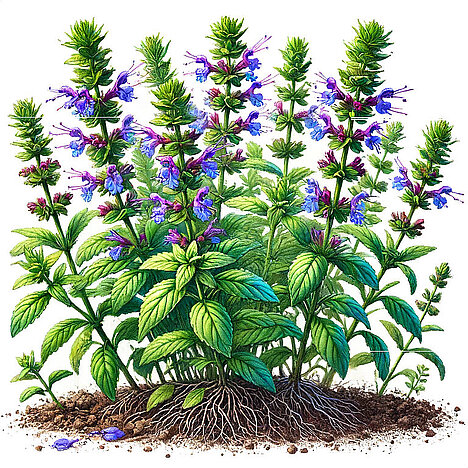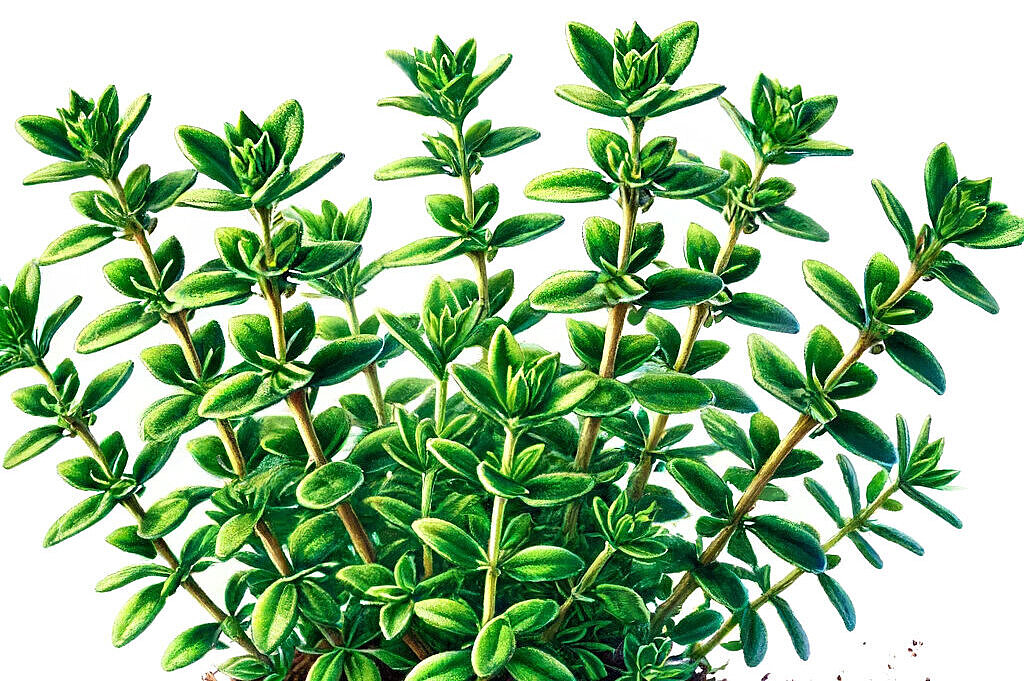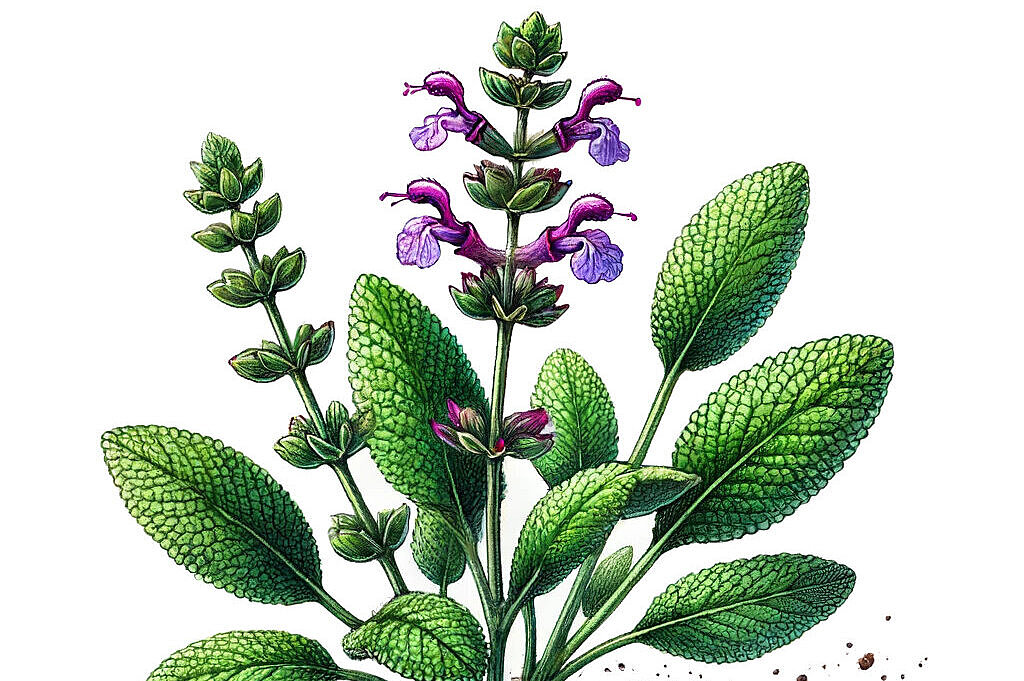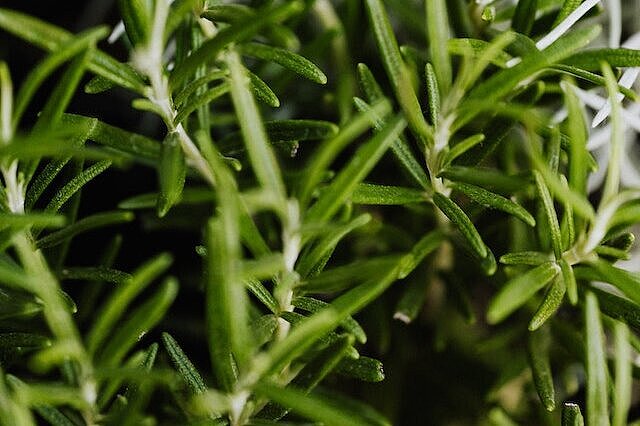Hyssop

What is hyssop?
Hyssop (Hyssopus officinalis) is a perennial herbaceous plant that belongs to the Lamiaceae family. Originally from the Mediterranean region, hyssop is now cultivated and appreciated worldwide. The plant is known for its beautiful blue to purple flowers and its intense, aromatic scent. In the kitchen, hyssop is used as a spice, and in traditional medicine it is used for its anti-inflammatory, antibacterial and expectorant properties.
Ingredients and their effects
Hyssop contains a number of bioactive compounds that are responsible for its health benefits. These include:
- Essential oils: contain camphor, pinocamphon and beta-pinene, which have antiseptic and anti-inflammatory properties.
- Flavonoids: These antioxidants help to neutralize free radicals and prevent cell damage.
- Tannins: Have an astringent effect and can be helpful for digestive problems.
- Bitters: aid digestion and can stimulate the appetite.
Hyssop and dogs: benefits and risks
Potential benefits
Some pet owners and holistic veterinarians use hyssop to support canine health. Potential benefits include:
- Respiratory support: hyssop can help loosen mucus and relieve respiratory discomfort.
- Digestive support: The bitter compounds in hyssop can stimulate digestion and help with gastrointestinal discomfort.
- Anti-inflammatory effect: The essential oils and flavonoids can relieve inflammation and strengthen the immune system.
Risks and side effects
Although hyssop can offer some health benefits, caution is advised. The plant contains substances that can be harmful in high doses or in sensitive animals:
- Essential oils: In large quantities, the essential oils in hyssop can have neurotoxic effects and trigger seizures.
- Pinocamphon and isopinocamphon: These compounds can be toxic to dogs, especially puppies and older animals.
Is hyssop toxic to dogs?
The answer to this question is not clear. In small, controlled amounts, hyssop may have health benefits for dogs. However, there is a risk of poisoning, especially if essential oils or highly concentrated extracts are used. It is important that you consult with a vet before giving hyssop to your dog. They can recommend the correct dosage and ensure that there are no health risks.
Recommendations for use
If you are considering using hyssop to support your dog's health, consider the following recommendations:
- Consult a veterinarian: Discuss use and appropriate dosage with a professional.
- Avoid essential oils: Do not use pure essential oils as these can be too concentrated and potentially toxic for dogs.
- Moderation: Use only small amounts of hyssop and monitor your dog closely for possible side effects.
Hyssop is a fascinating plant with many potential health benefits, but also risks when it comes to its use in dogs. While some dog owners have had positive experiences with hyssop, it is crucial to exercise caution. With the right approach and care, hyssop can potentially be a valuable addition to your dog's health regimen.
Properties 17
Are you looking for other ingredients with a specific property?
Just click on them to find more.
If you notice any signs of hypersensitivity or poisoning in your dog, you should see your vet immediately. We are not a substitute for a vet, but we try to be as accurate as possible. Every dog reacts differently and we recommend you get a second opinion or consult your vet if in doubt.
Stay healthy and take good care of your four-legged friend!😊
Similar to Hyssop
Thyme belongs to the labiate family and grows mainly in the Mediterranean region. It has small green leaves and pink or white flowers that attract many bees. Thyme contains essential oils such as...
Sage (Salvia officinalis) is a plant from the labiate family. It is native to Europe and the Mediterranean region and has been used in cooking and as a medicinal plant since ancient times. Sage is a...
Lavender is a plant genus that belongs to the labiate family. There are around 30 different types of lavender, which differ in appearance, fragrance and ingredients. The best-known species is true...
Rosemary is a spice plant that is widely used in Mediterranean cuisine. The plant has small, needle-shaped leaves and an intense, woody taste and smell. Rosemary is often used as a spice in meat and...



